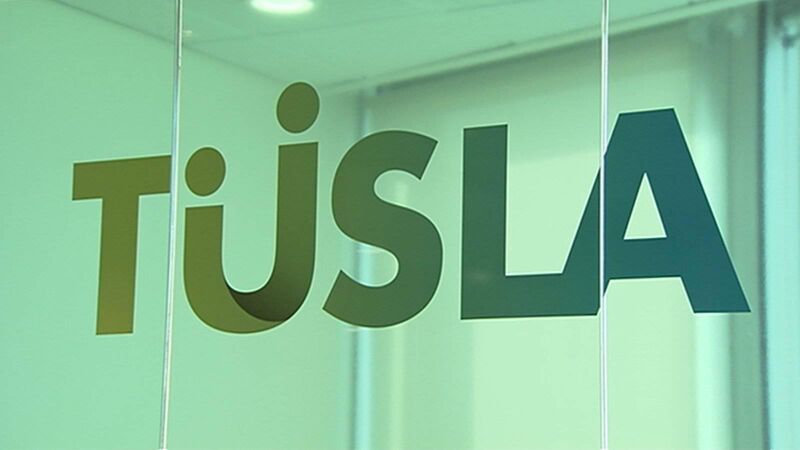Tusla facing 'serious challenge' to recruit social workers

The Tusla CEO will say his agency focused 'almost exclusively' throughout the first months of the pandemic on ensuring the provision of domestic and sexual violence responses, child protection, and children in care services.
Recruitment of new social workers now represents a “serious challenge” according to the head of child and family agency, Tusla.
The chief executive of the agency, Bernard Gloster, will tell the Public Accounts Committee (PAC) tomorrow that spending on temporary agency staff decreased by €19.5m in 2020. However, he will add that Tusla, like the HSE, has developed “an increasing dependence” on such workers in recent years.













